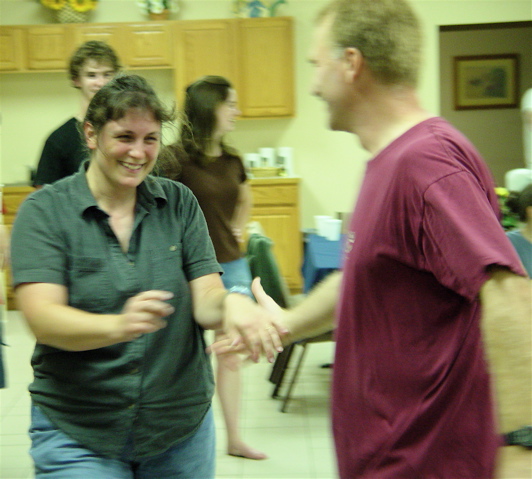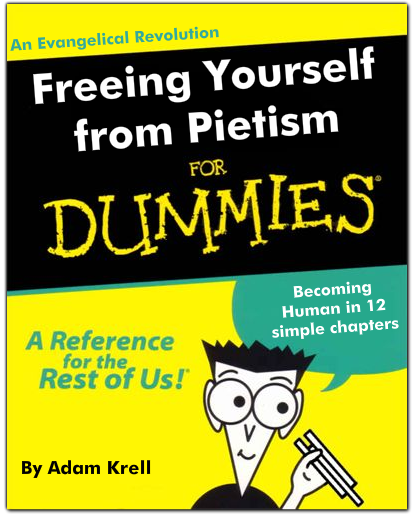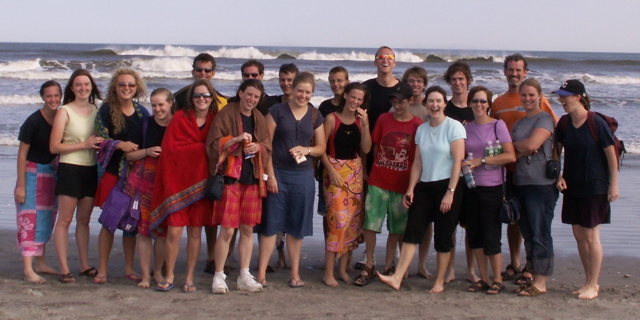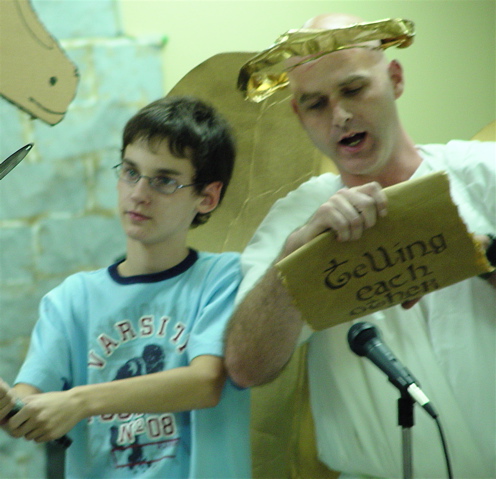My last post dealt with a concept Franky Schaeffer in Sham Pearls for Real Swine talks about under the title, “Truth Versus Pietism”. The basic idea is that there are two traditions in the church that deal with how to view reality. The “Truth” tradition sees reality as an integrated whole, everything being under the Lordship of Christ. The “Pietism” tradition splits reality in two: spiritual and physical, sacred and secular. These two traditions affect how we think about God, ourselves and our purpose in life.
Pietism values the spiritual over the physical. It sees the spiritual as being more important and more worthy of our attention. The physical world is looked at with skepticism and as irrelevant to the things of God. Pietism sees the world passing away, like a sinking ship. Nothing of real importance happens here on earth, except the saving of souls. The real show begins in heaven.
This schizophrenic take on reality leads pietistic Christians to have an individualistic view of the gospel. Since heaven is where the party is, the main concern now is to get invited (“getting saved”) and to get as many poor souls invited as well. Once a person has received a valid invitation, it really doesn’t matter all that much what they do in the meantime. Of course, it is only right for them to try to get others invited to the party (“evangelism”) since they shouldn’t be selfish, and they must remain in good standing (“holiness”) in order to keep their invitation valid. The Host doesn’t want His guests to be of the unsavory type. It’s probably a good idea to find other guests to fellowship with (“go to church”) in order to help each other stay on the invitation list.

Christianity from a Truth perspective encourages a relational view of the gospel. Sin is seen as a violation of relationship and holiness as a commitment to Kingdom values. God’s work isn’t getting as many people into heaven as possible, but rather the establishment of a new kingdom of justice, kindness and love. Salvation is an on-going conversion to the Kingdom culture (i.e. The Sermon on the Mount), which can only be worked out in the context of relationships. The church is the purpose of God.
Later, I’d like to focus on how a Pietism paradigm affects our understanding of Christian maturity and how we engage the world around us.












